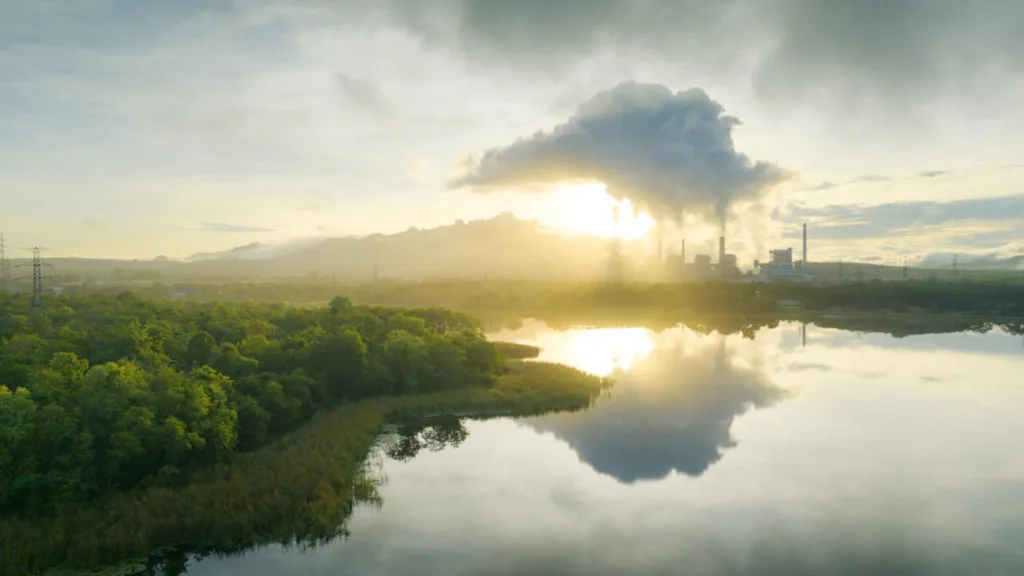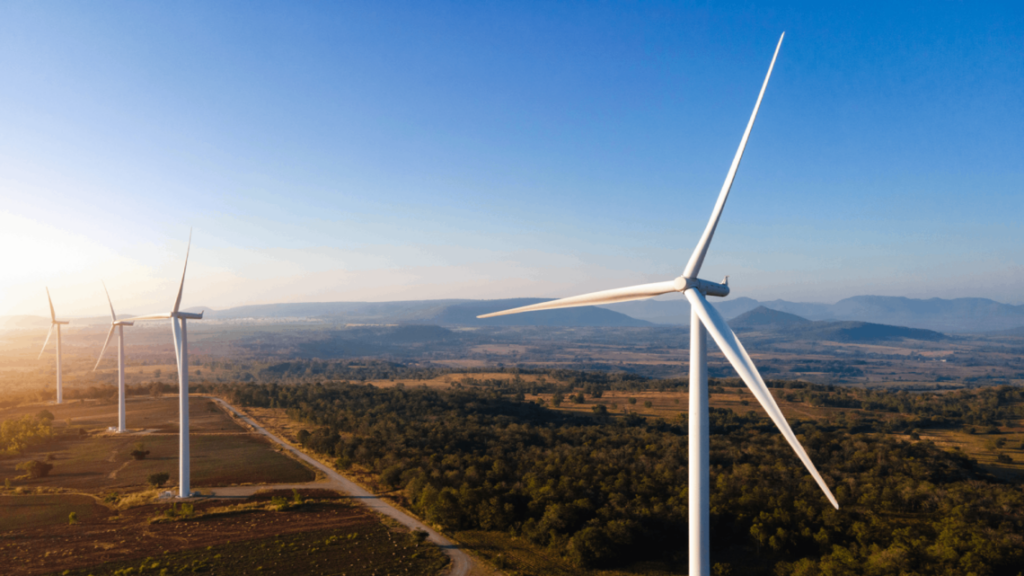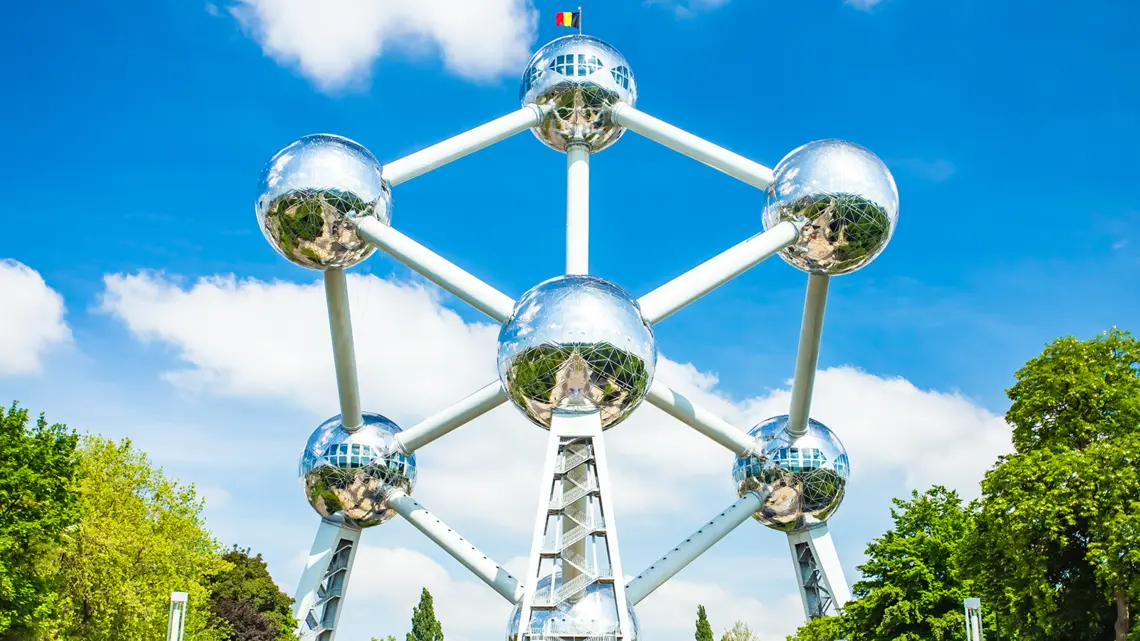Authors
Communications
This week during Sustainable Energy Week in Brussels, 250 sustainability professionals and policymakers from across the world gathered at the seventh global meeting of the Low-Carbon Technology Partnerships initiative (LCTPi 7).
The event was hosted in cooperation with the European Economic and Social Committee (EESC) at the heart of the European Union. The setting was particularly fitting, as the meeting marked a new point in WBCSD’s LCTPi work, deepening the dialogue with policymakers ahead of COP23 in Bonn.
Key themes included innovation, the importance of climate leadership in the changing geopolitical landscape, as well as the need for businesses and government to address the climate challenge.
In a rousing opening speech, Jacek P. Krawczyk, President of the Employers’ Group at EESC, called on all leaders in the room – whether from business or government – to step up and take the lead.
“It’s not easy being a leader,” he said, but we can either set the course of the future, or be affected by it. In other words, “You can either set standards, or follow them,” he said.
Peter Bakker, WBCSD’s President and CEO, also urged participants in the room to use the two-day event wisely. “Business around the world must implement solutions and drive innovation – but now, we need to reach out to policymakers to scale up,” he said. “The next two days are a key opportunity to move forward.”
The following panel served as a call for policymakers and businesses to collaborate, innovate and take action on climate.
“The Paris Agreement is the biggest opportunity for innovation in this century,” said Patrick Child, Deputy Director-General in DG Research and Innovation at the European Commission and Chair of Mission Innovation. “Innovation must play a central role in addressing the climate challenge.”
Jean Pierre Clamadieu, CEO of Solvay, praised LCTPi as a vehicle for bringing that innovation. “LCTPi is unique because we’re thinking big, we’re turning ideas into action and we’re working across the value chain,” he said.
Most participants mentioned, however, that despite widespread support for climate action, we still haven’t seen low-carbon innovation at the pace and scale needed for remaining under the 2°C limit.
“We need to stop talking and start taking action,” said Li Junfeng, Former Director and Current Researcher for the National Center for Climate Change Strategy and International Cooperation (NCSC) in China.
The NDCs are clear on the actions we need to take, so let’s get to work, Mr. Li said.
But how? What’s the best way to move forward?
In the second half of the session, panelists discussed the best ways for government, business and civil society to take action – with a specific focus on the European Union.
Claude Turmes, Member of the European Parliament and Spokesperson for Energy Policy of the Greens, urged business to act, sharply criticizing companies who are not yet fully on board.
“Last week, it rained in Antarctica,” he said, “for the first time in history.” We are running out of time to act, “we’re almost done,” he said, “working together will help in finding the good solutions.”
Jill Duggan, Director of the Prince of Wales’ Corporate Leaders Group (CLG), and Rui Teixeira, Member of the Executive Board of Directors at EDP, both responded by highlighting steady progress from businesses across the world, agreeing that increasing the speed and scale will continue to be critical.
“The EU cannot do this alone,” Mr. Teixeira said, “we [business] can help and lead by example.”
Indeed, companies have taken strong steps in the right direction in recent years.
Twelve years ago, Ms. Duggan said, companies were saying that they couldn’t act on climate without strong policies.
We’ve moved on from those days, and now – she argued – in many cases, businesses are moving ahead and policies need to keep up. She called for a formal end to debating the “policy chicken” and the “corporate egg.”
“We all need to work together to ensure a low-carbon future,” she said.
Mr. Teixeira also illustrated that forward-thinking businesses like EDP are leading the way by focusing on renewables. Now, they’re trying to think of how to bring governments beyond Europe on board.
Businesses are ready, and now government needs to move into the “Post-Paris” world. Essentially, there’s no longer an excuse not to act.
After the energizing plenary, LCTPi working groups spent the remainder of the day in breakouts, using them as an opportunity to put their policy recommendations in front of policy-makers and other stakeholders for the first time.
During the below50 session, WBCSD also announced a new partnership with the We Mean Business Coalition (WMB) to expand the reach of below50 and engage more companies through the WMB Take Action Campaign. (Check out these articles from SkyNRG and LanzaTech for their perspective on the initiative.)
In addition, the LCTPi cement working group (CSI) also released a new in-depth technology review to support the cement sector in further mitigating its emissions.
All sessions featured dynamic, informative and lively discussions on policy plans for 2017 and beyond.
In the event closing, each working group received feedback from Artur Runge-Metzger, Director for climate strategy, governance and emissions from non-trading sectors at the European Commission.
“As this is the moment of policymaking, the faster we [business and government] get policy recommendations together, the better it will be,” he said.
His main suggestion was for WBCSD members to take their policy recommendations “one or two levels deeper” in terms of specificity and granularity.
The key thing, is that businesses still have the opportunity to influence the policymaking process in favor of climate action, he said. “This is a really huge opportunity for businesses to say, ‘what do we actually want?’” and encourage policymakers to listen.
Policymakers need to understand what the critical business issues are, and where it gets hard to compromise. Those are the areas where policy support for climate action will be important.
In addition, there’s increasing focus, Mr. Runge-Metzger said, on widening climate policies beyond European borders. “The element of learning from each other across borders needs to be a key element,” he said.
Dr. Zhang Jianyu, Managing Director of Environmental Defense Fund China Program and Secretary General of the China Low Carbon Alliance’s speech served to help facilitate such learning.
In his closing remarks, Dr. Zhang demonstrated that climate action is also progressing outside of Europe, particularly in China. “Chinese companies are playing a global role,” he said, citing examples of Chinese air quality improvement and steadfast commitment to the Paris Agreement.
And all in all, the event showed that LCTPi businesses and policymakers from around the world are full-steam ahead in transitioning to the low-carbon economy.
“I’m optimistic, and I’m counting on your contributions to make sure tomorrow is a better day than today,” Pierre Jean Coulon, EESC President of the section for Transport, Energy, Infrastructure and the Information Society (TEN) said in closing. “I look forward to LCTPi 8.”
Thanks, Mr. Coulon – so do we!
WBCSD news articles and insights may be republished in accordance with the Creative Commons Attribution-NonCommercial-NoDerivatives 4.0 International Public License, and in accordance with our Privacy Policy. All Content must be featured with due credits.
Related
Content

Renewable electricity procurement: blazing a trail from innovation to leadership
27 April, 2023

Carbon removals: Why a portfolio approach is key to achieving climate goals
19 April, 2023

WBCSD updates the climate scenario analysis tool for companies to leverage in their climate-related financial disclosures
31 March, 2023
